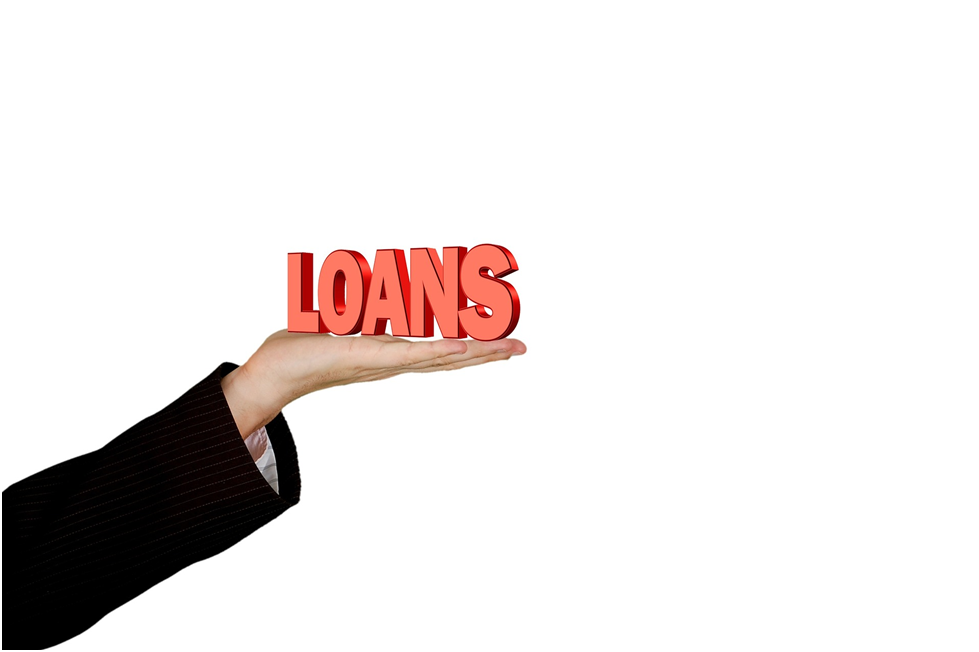When trying to start a small business, one of the largest barriers would-be entrepreneurs face is securing the financing they need. Because so many startups never make it past their infancy, lenders might be hesitant to offer loans to new businesses. Lenders want to see that your business is stable and profitable before investing in it, but that can be difficult to do without the proper capital.
To help your business hit the ground running, you might consider a personal loan in lieu of a traditional business loan (provided that your lender doesn’t impose restrictions on the use of your loan for business). However, business and personal loans have several important distinctions—some you might find beneficial, and some you might not. It’s important to explore and understand these points before using a personal loan to jump-start your small business.
Table of Contents
1. It’s easier to qualify for a personal loan.
If you’re applying for a business loan, lenders are going to look at your business model and forecasted revenue to determine whether they think you’re a good fit. When applying for a personal loan, your individual credit and income get examined instead. A brand-new business might not have the proven track record of success to qualify for a business loan. Don’t fret. If you’ve got good credit, a stable income, and equity in your home, qualifying for a personal loan with a reasonable interest rate could be within reach.
2. Your assets are likely safe.
Unlike business loans, personal loans often don’t require any collateral. In the event that you default on your business loan or fall too far behind on payments, lenders might attempt to seize assets like your business’ inventory. While defaulting on a personal loan will certainly damage your credit, unsecured personal loans ensure that your assets remain your own in the event that you can’t repay your debt on time.
3. Your credit and income will affect your interest rate.
If you’ve got good credit and a stable income, you’re likely an ideal candidate for a personal loan, and your credit history will help keep your interest rates low. You can probably see where this is going. If you’ve got a less-than-ideal credit history, you’re likely to face higher interest rates. An elevated rate means you’ll end up paying more interest on your loan in the long run.
4. Your own credit is on the line.
With a personal loan, you are assuming full responsibility for the loan. If your business goes under or fails to meet revenue expectations and you’re unable to make payments on your loan, your credit score is going to suffer. It’s also important to consider that simply owing money on a loan—regardless of whether or not you’re making payments on time—impacts your credit by raising your debt-to-income ratio. This can negatively influence your likelihood of being approved for other lines of credit and is the reason some entrepreneurs avoid the personal loan route when funding their businesses.
5. Personal loans are typically smaller.
Personal loans usually cap out at around $100,000, while business loans are typically much larger on average. Before taking out a personal loan for your business, decide whether that the juice is worth the squeeze. Will your loan be sufficient to cover the expenses required of your startup? You’ll have to crunch the numbers to ensure that your personal loan won’t be stretched too thinly and can meet your business’ needs.


